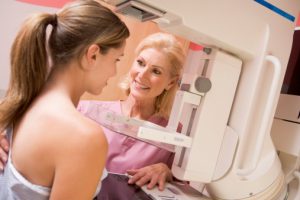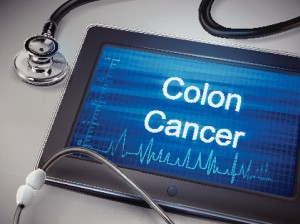 Did you know breast cancer is one of the most common cancers found in women in the United States? Every year there are an estimated 230,000 new cases of breast cancer. About 40,000 women are expected to die annually from this disease. However, more women are surviving breast cancer due to improvements in treatment and early detection.
Did you know breast cancer is one of the most common cancers found in women in the United States? Every year there are an estimated 230,000 new cases of breast cancer. About 40,000 women are expected to die annually from this disease. However, more women are surviving breast cancer due to improvements in treatment and early detection.
Cancer deaths can be decreased by as much as one-third with early detection and treatment.
Early detection can start from home. Doctors suggest that women perform monthly breast self-exams. In addition to yearly screenings and mammograms, self-exams can help women to monitor changes or abnormalities that may occur in her breasts. It is important to remember that breast self-exams are never a substitute for clinical breast exams or mammograms.
The American Cancer Society recommends that women should begin receiving clinical breast exams in their twenties. Women below the age of forty are advised to receive them every three years. Those over 40 should schedule yearly mammograms and clinical breast exams.
Mammograms are one of the most effective breast screening and diagnostic tools; however, other tools such as MRI’s or ultrasounds may also be used to further evaluate abnormalities or help diagnose breast cancer.
Early and immediate treatment is one of the benefits women will gain from early detection of cancer. If you are age forty and older schedule an appointment for a mammogram as soon as possible. The American College of Radiology is a great resource to find accredited facilities and breast imaging centers.
All content of this newsletter is intended for general information purposes only and is not intended or implied to be a substitute for professional medical advice, diagnosis or treatment. Please consult a medical professional before adopting any of the suggestions on this page. You must never disregard professional medical advice or delay seeking medical treatment based upon any content of this newsletter. PROMPTLY CONSULT YOUR PHYSICIAN OR CALL 911 IF YOU BELIEVE YOU HAVE A MEDICAL EMERGENCY.

